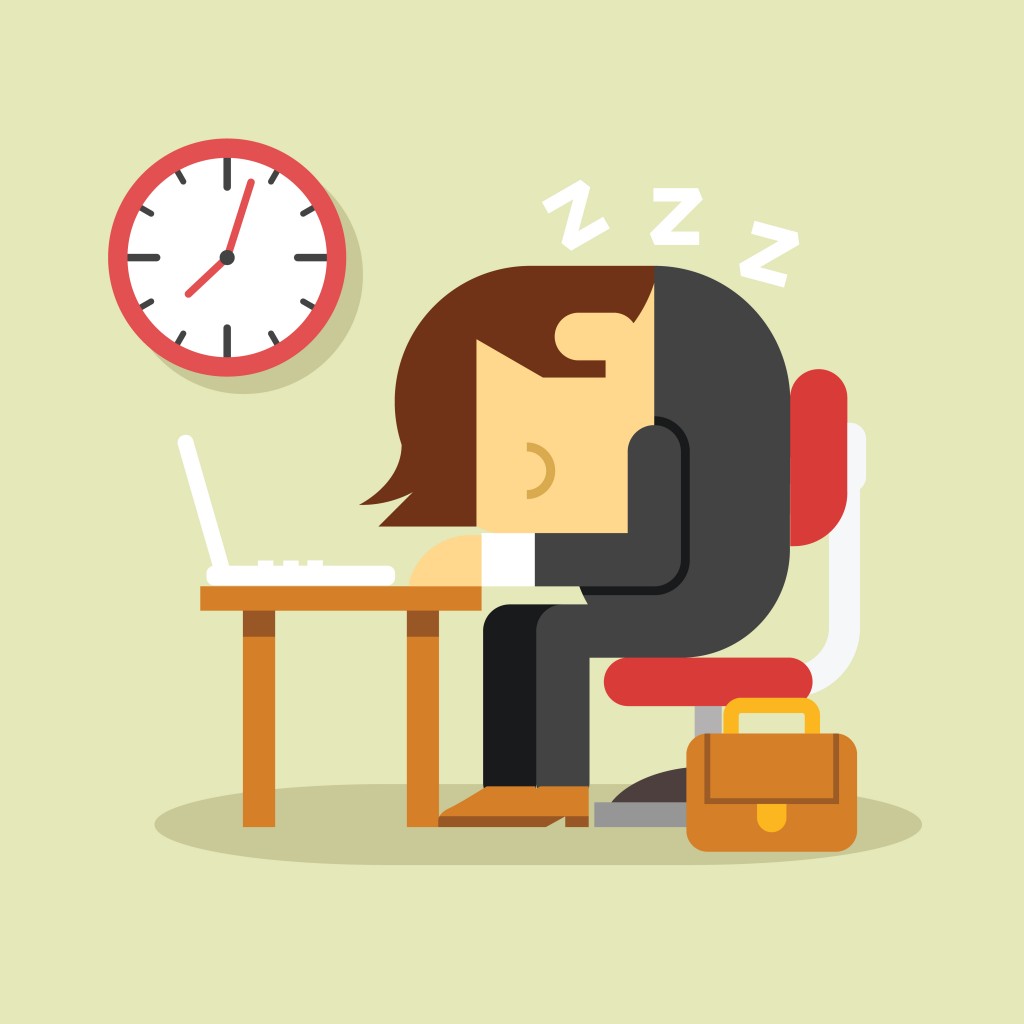We’ve all experienced the occasional night of inadequate sleep. But if you’re not getting enough sleep, night-after-night, sleep deprivation can occur. Let’s look at what sleep deprivation is, what its top causes are, and how it affects our bodies and minds. We’ll also offer up some solutions to help you get a better night’s sleep.
Sleep deprivation is a condition in which you can’t get enough sleep. If you are affected by sleep deprivation, you may struggle with symptoms such as depression, memory issues, weight gain, becoming accident-prone and getting sick more often due to a weakened immune system.
The causes of sleep deprivation vary from drinking coffee too late in the day to sleep apnea, during which a person repeatedly stops and starts breathing throughout the sleep cycle. Because of these variations in causes, it’s essential you get to the bottom of what’s depriving you of the sleep you need. If you are waking up in the middle of the night and struggling to go back to sleep, you may want to talk you’re your doctor or experiment with some easy solutions first.
Try to satisfy your caffeine cravings before 2:00pm for five days. Observe if you sleep better. In addition, stop drinking wine or beer at least three to four hours before bedtime. One of the most effective, yet difficult things to do is lock your pet(s) out of your bedroom. It’s unfortunate but true: sleeping with your pet, according to WebMD, is the number one sleep stealer outside of a medical condition.
You can also try switching out your foam pillow for a quality feather and down pillow like the Natural Comfort Pillow, to help you sleep better.
If nothing seems to be helping you get a better night’s sleep, you may need to have a sleep study done. This is the best way to record what happens to your body during sleep (e.g. sleep apnea) and explore solutions with your doctor.
Thank you for visiting Natural Comfort Pillow, and sleep well!




